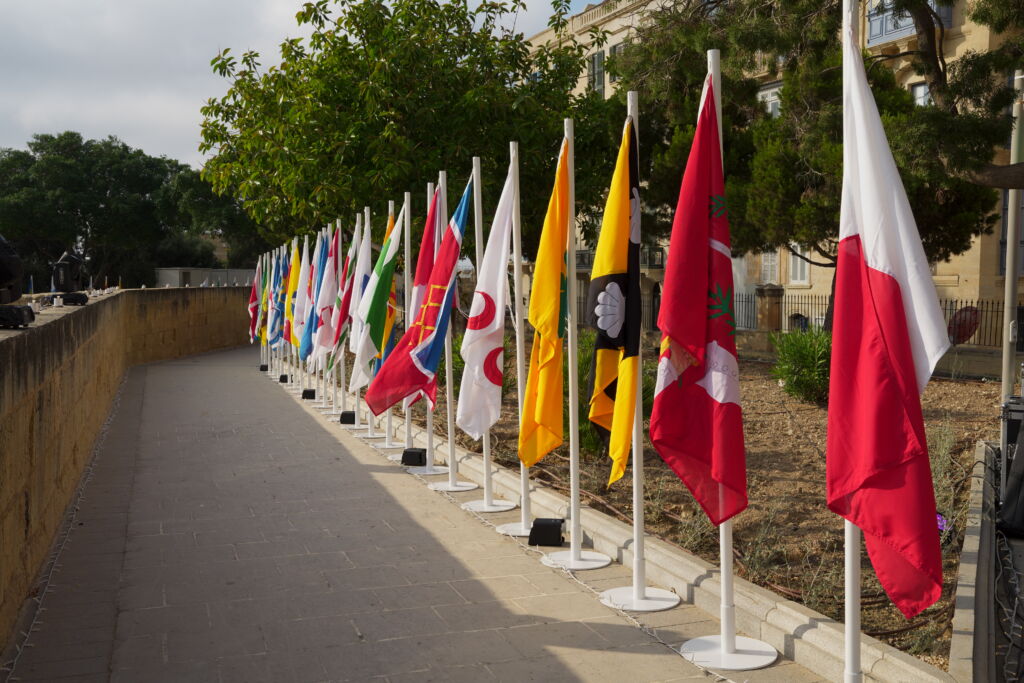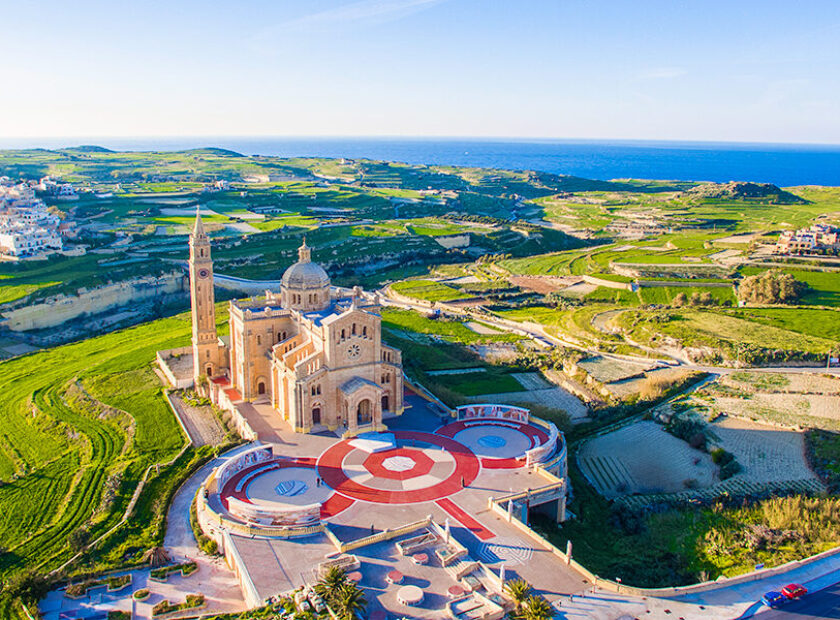
The Mayor’s Role
Much like individuals in the workforce, Mayors commence their day by rising early and prepare for their full-time duties. The backgrounds and professions they come from can vary widely, covering fields such as education, public service, legal practice, factory employment, transportation, medical practice, and even retirement.
Similar to other employees, they encounter a series of challenges and problems throughout the day, and, like any other worker, they must address these issues. For those who are self-employed, there’s the added responsibility of ensuring they earn their daily income since a Mayor has no fixed monthly salary.
However, there’s a notable difference: when the workday ends and others are heading home to their families, the Mayor might not always make it home at that time. This is because they have to visit the Council office to handle the issues and matters that would have arisen during the day. During these visits, they meet with the residents and discuss the work and priorities for the upcoming days, sometimes involving the Executive Secretary should the latter would be still in office. One must emphasize that this is not a critical comment towards Executive Secretaries but rather because the Mayor’s visit coincides with the end of the Council employees’ workday.
Moreover, during the day, especially for those working in the private sector, the mayor may need to take some hours of leave to attend meetings with government officials, organizations, or other government agencies. They may also need to meet with the Council’s architect regarding a local project, provided there are no court sessions due to legal cases against the Local Council.
By May or June, numerous Mayors and Councillors, especially those employed in the private sector, may have already exhausted their vacation leave due to Council-related responsibilities. This underscores the need for workplace flexibility and family-friendly policies.
Nevertheless, it doesn’t conclude at this point. In contrast to Parliamentary Secretaries or Ministries, Mayors lack support staff like a chief of staff official, secretariat staff, public relations officer, or a personal assistant. This implies that if they wish to issue a statement or a press call or draft speeches for specific events, they must manage these tasks themselves, most often after their usual working hours. Should they need to seek third party advice or consultancy services they would need to fork payment for these sought services out of their own pockets
One must keep in mind that regardless of challenges and difficulties, what happens in the locality always falls under the Mayor’s responsibility!
I emphasize this because this is the reality faced by every Mayor or Regional President. This is the life one must lead to provide effective service in the community. I stress this not to criticize but to highlight that not every Mayor follows this path, and not every Mayor dedicates the necessary time and effort to their Council.
It is important that, after 30 years of Local Government in our country, this democratic and constitutional position is to be seriously considered. It is necessary and imperative that we have full-time mayors because their responsibilities, including legal ones, are greater than those of backbenchers (and I say this with full respect for the latter). Backbenchers do know what being a mayor means, as many of them have been in this position as well.
Now, more than ever, it is crucial for every Mayor or Regional President to fully embrace these responsibilities. If they ever fail in their administrative duties, or, even worse, in managing finances, they must be held completely accountable for their actions.
Elected officials, including Mayors, Councillors, and Regional Presidents, must fully grasp the weight of their responsibilities, which involve serving the entire community without showing favouring specific residents or employees. In the context of mayoral and regional presidential elections, it is imperative to establish well-defined criteria for candidates, taking into account their relevant past experiences, to guarantee the promotion of transparency and the adherence to principles of good governance.
There is a need for reform in the electoral process, which involves holding distinct elections for the positions of Mayor and Councillors during the same electoral event. Political parties should be required to announce their candidates for both Mayor and Councillors well in advance, resulting in the issuance of two separate ballot papers—one for the election of the Mayor and the other for selecting potential Councillors. This approach would offer greater transparency and provide candidates with a clear understanding of the roles they would undertake if elected. These are the crucial discussions we must engage in during the upcoming election season.
Mario Fava
President



